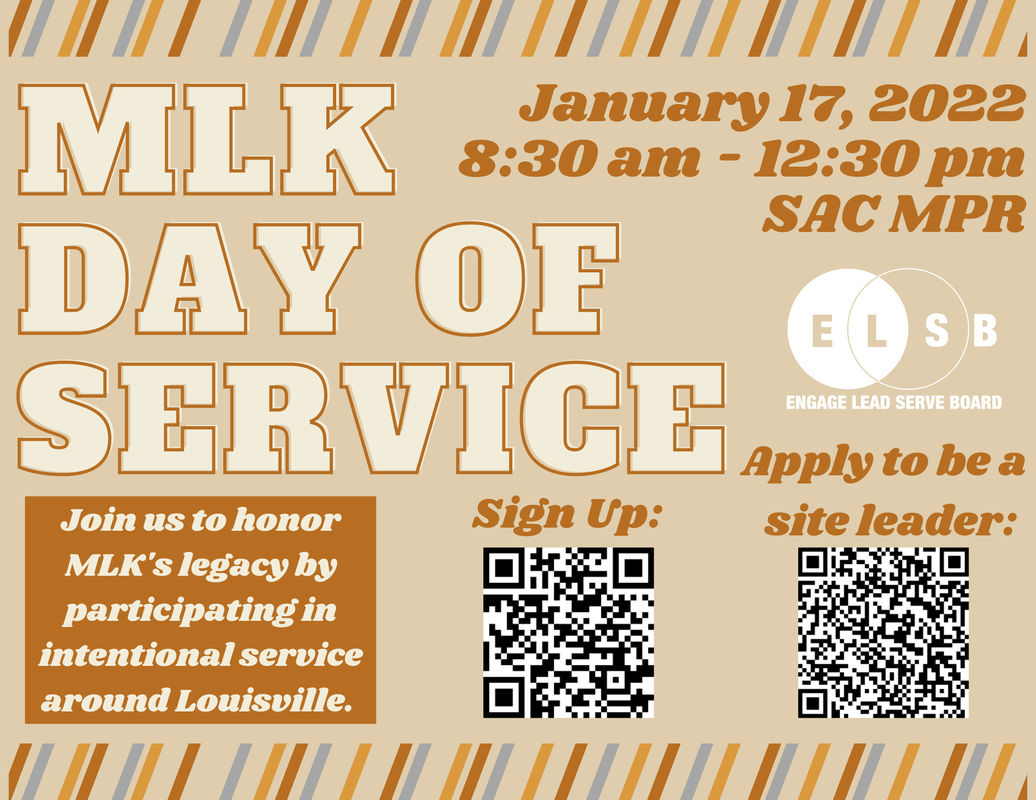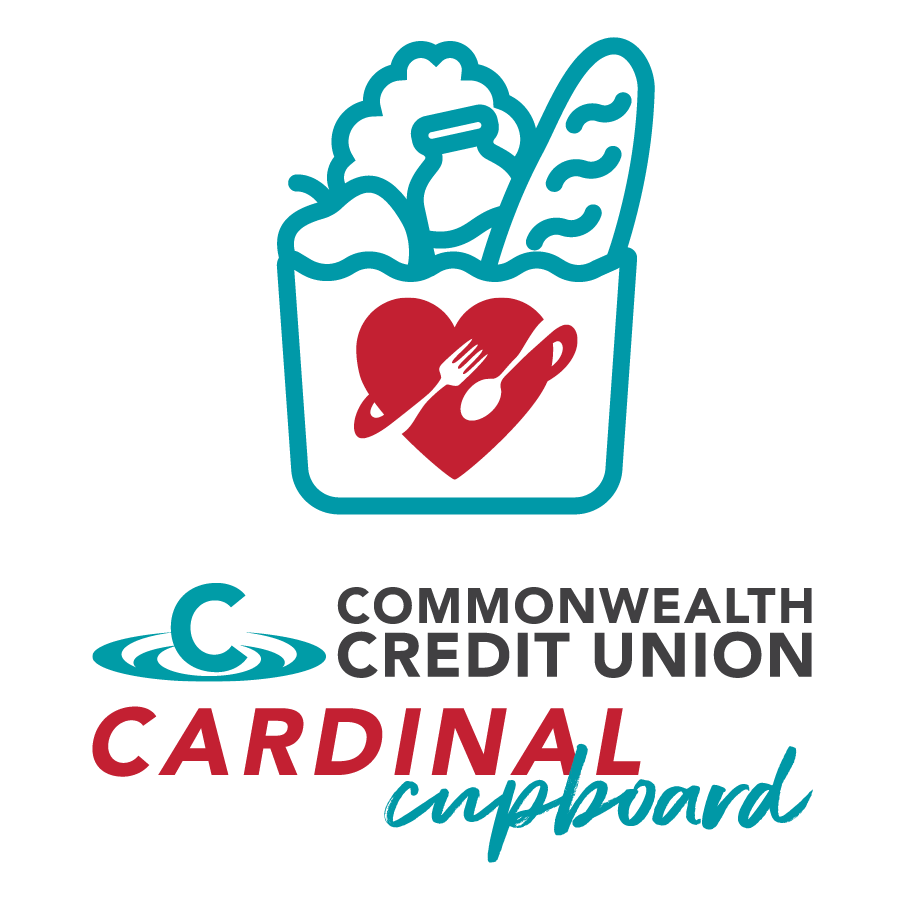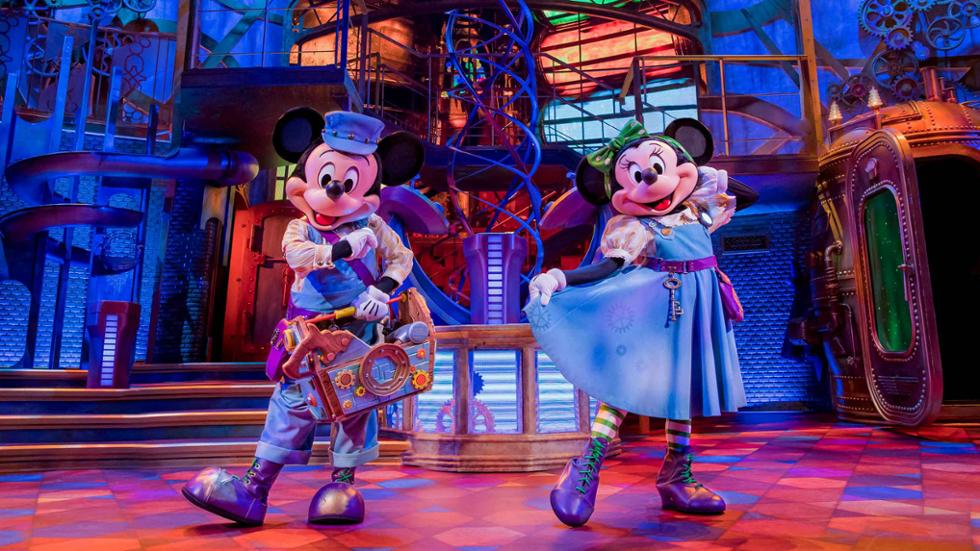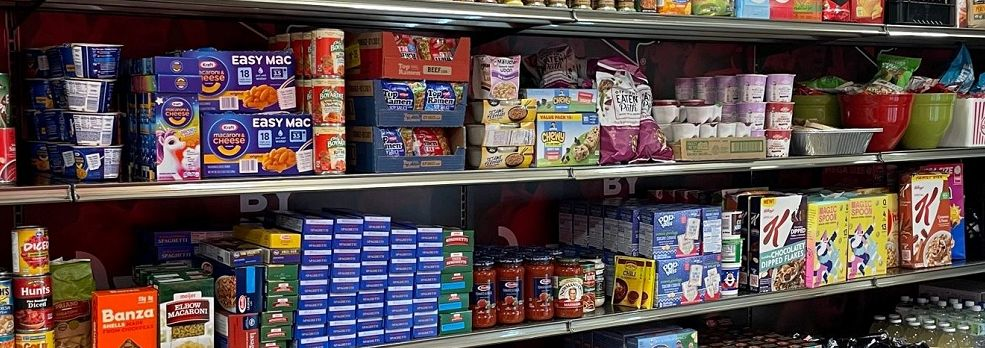
ENGAGE LEAD SERVE BOARD
ABOUT US
The Engage Lead Serve Board’s mission is to enhance the education of students by providing structured experiential and developmental opportunities that encourage community engagement, model good leadership, and allow active service.
Established at the University of Louisville in May 2010, the Engage Lead Serve Board is an arm of the Student Government Association responsible for planning and promoting community engagement opportunities for students. We strive to enhance the education of students by providing structured experiential and developmental opportunities that encourage community engagement, model good leadership, and allow active service.
APPLY FOR THE ENGAGE LEAD SERVE BOARD NOW!
Both applications for our executive board and leadership board are open now!
And even if you aren’t interested in having a leadership board position just yet, remember that you can alway be an active member in a committee or program! Look through our website to learn more about and to find ways to get involved.
MLK DAY OF SERVICE 2022

MLK Day of Service is a day in which participants will intentionally serve the Louisville community to honor Martin Luther King Jr.’s legacy. Students will learn about the legacy of MLK, engage in discussions with community members to understand the importance of MLK’s work, and celebrate his legacy through volunteer service within the Louisville community. Sign up now.
We’re currently accepting group leaders! If you’re Interested in leading a group of students in service, sign up
SERVICE REPORT
4,171 HOURS SINCE JULY 1, 2021
$119,028 ECONOMIC IMPACT
TOP TEAMS
- McConnell Scholars 1,333 hrs
- Kappa Alpha Theta 1,019 hrs
- Cardinal Cupboard 715 hrs
- President’s Volunteer Service Award 678 hrs
- ELSB '21-'22 617 hrs

Vote everywhere
Vote Everywhere provides college students with a unique, non-partisan opportunity to learn organizational and leadership skills while they register their peers to vote, proved voter education, and lead on-campus issues activism and social justice topics.
The Vote Everywhere Ambassador Program, a yearlong paid internship with The Andrew Goodman Foundation, takes place here at the University of Louisville. Ambassadors will learn by participating, connecting and engaging with others, and forming coalitions for change.
Students interested in helping the Engage Lead Serve Board improve student engagement in elections at the local, state, and national level should inquire about the Campus Election Engagement Project. This group of individuals is responsible for increasing voter registrations, educating students about candidates and electoral issues, and encouraging students to get out to vote! For more information contact advisor@uoflelsb.org.
FRESHMEN, APPLY TODAY!
Are you a Freshman at UofL looking to get involved?
Freshmen LEAD and Task Force Freshmen are two ELSB programs for you! These two programs are designed specifically for freshmen; they help participants to develop their own set of leadership skills while getting involved around campus, creating strong bonds of friendship, and fostering a love for this great university and city.
To apply, click on the link and fill out the form. If you have not already created an OrgSync account, you must create one before applying!
FRESHMEN LEAD
The Freshmen LEAD program offers leadership development, community service, and networking opportunities to first-year students at the University of Louisville. Students are introduced to leadership skills that expand their social networks and broaden their horizons through meeting a dynamic group of friends, which promotes a sense of community and encourages students to build upon their relational leadership potential.
TASK FORCE FRESHMEN
Task Force Freshmen (TFF) focuses on preparing students for leadership roles in student government. Participants in TFF will benefit from a mentoring experience that allows them to work alongside students in the highest leadership positions on campus. TFF includes leadership seminars, networking opportunities, and hands-on experience working with officers in the Student Government Association, Student Activities Board, and Engage Lead Serve Board.
Programs
Going to Disneyland Paris
With the aim of giving vacations to people who can’t afford them, we put the “Going to Disneyland” program in place last year… and it is not going to any Disneyland, but Disneyland Paris !
Enjoy the city of lights and a trip to the most famous theme park in Europe : Eurodisney
Get to meet the French version of Mickey & Minnie, and enjoy the famous rides and attractions and parades !


Animal Welfare
Focused primarily on engaging students in projects regarding the well-being of animals, the Animal Welfare Committee activities include assisting at animal shelters and adoption centers and hosting the Responsible Pet Owner Fair.
Meeting Times
Fall Committee Meetings:
Where: SAC W310
When: Monday (Weekly)
Time: 7:00 pm
Contact Animal Welfare
Director: Dulcinea Gurley
Assoc. Director: Minoru Chou
Equality and Justice
We enrich the lives of our community’s elders by engaging in service opportunities at local assisted living communities and within our surrounding neighborhoods. Programs for the Elderly have a longstanding relationship with Highlands Nursing and Rehabilitation Center where we engage in activities such as movies, game nights, dances, and pamper parties.
Meeting Times
Fall Committee Meetings
Where: SAC W310
When:Thursday (Bi-Weekly)
Time: 2:45pm
Contact Equality and Justice
Director: Leo Salinas Chacon
Assoc. Director: Elanna Carr
Mental and Physical Health
Encouraging healthy lifestyles and destigmatizing the discussion of physical and mental impairments.
The newest of the seven committees, Veteran Initiatives strives increase awareness among our student body about the issues affecting to student veterans. In it’s first year on ELSB, this committee established the Combat to Classroom series and volunteered at several events in support of our soldiers and their families.
Committee Meeti#### ng Times
Fall Committee Meetings
Where: ELSB Office
When: Monday (Bi-Weekly)
Time: 6:00 pm
Contact Mental and Physical Health
Director:Induja Nimma
Assoc. Director: Hannah Melvin
SOUL
Do you enjoy service? Do you want to learn about the great city of Louisville? The Engage Lead Serve Board invites you to discover how to make the most of UofL service and leadership opportunities. Our annual day of service allows you to explore Louisville while learning about different communities. SOUL is an exciting opportunity to meet and have fun with various students while giving back to the Louisville community. A FREE t-shirt will be given to participants. Please dress to appropriately (volunteering clothes and closed toe shoes).
If you need accommodations for this event, please contact the event coordinator:
Event coordinator: Pam Curtis, pamela.curtis@louisville.edu
Meet the Board
TOP 4 DIRECTORS
The Executive Board is composed of four officers that work closely together to serve as the governing body of ELSB.
Afi Tagnedji
Executive Director
elsbedir@louisville.edu
Aditya Mehta
Operations Director
elsbop@louisville.edu
Jenna Tinnell
Programming Director
elsbpro@louisville.edu
Elayne Harrington
Marketing Director
elsbmark@louisille.edu
COMMITTEE DIRECTORS
Committee Directors and Associate Directors are a part of the Leadership Board and are responsible for planning events & service projects relevant to their social issue.
ANIMAL WELFARE
Animal Welfare Co-Director
Emma Jones
Emma.Jones@uoflelsb.org
Animal Welfare Co-Director
Sydney Tharp
Sydney.Tharp@uofllelsb.org
EQUALITY & JUSTICE
Equality & Justice Co-Director
Moyo Olayemi
Moyo.Olayemi@uoflelsb.org
Equality & Justice Co-Director
Elayne Harrington
Elayne.Harrington@uoflelsb.org
GREEN INITIATIVES
Green Initiatives Co-Director
Catie Hofmesiter
Catie.Hofmesiter@uoflelsb.org
Green Initiatives Co-Director
Briant Grant
Briant.Grant@uoflelsb.org
HUMAN PROSPERITY
Human Prosperity Co-Director
Mallory Mitchell
mallory.mitchell@uoflelsb.org
Human Prosperity Co-Director
Sarah Thomas
sarah.thomas@uoflelsb.org
MENTAL & PHYSICAL HEALTH
Mental & Physical Health Co-Director
Afi Tagnedji
Afi.Tagnedji@uoflelsb.org
Mental & Physical Health Co-Director
Jenna Tinnell
jenna.tinnell@uoflelsb.org
COMMUNITY PEACE
Community Peace Co-Director
Eli Cooper
eli.cooper@uoflelsb.org
Community Peace Co-Director
Madison Fogle
madison.fogle@uoflelsb.org
ABOUT US
The Engage Lead Serve Board’s mission is to enhance the education of students by providing structured experiential and developmental opportunities that encourage community engagement, model good leadership, and allow active service.
Privacy Policy
CONTACT US
Engage Lead Serve Board
Student Activities Center, W310
University of Louisville
Louisville, KY 40292
Telephone: (502) 852-4333
Email: talktous@uoflelsb.org
PROGRAM DIRECTORS
The Program Directors are a part of the Leadership Board and are responsible for coordinating events specific to their programs.
SERVICE COORDINATORS
ELSBSERV@LOUISVILLE.EDU
Service Co-Coordinator
Loghan Currin
Service Co-Coordinator
Sydney Tharp
CARDINAL CUPBOARD FOOD PANTRY
ELSBCCFP@LOUISVILLE.EDU
Director of Public Coordination
Abigail Exley
Director of Operations
Lauren Reuss
Food Recovery Network Coordinator
Weston Young
Director of Internal Programing
Jacob Foushee
FRESHMEN LEAD
ELSBLEAD@LOUISVILLE.EDU
Programming Director
Heba Qaissi
Service Director
Yelena Bagdasaryan
TASK FORCE FRESHMEN
ELSBTFF@LOUISVILLE.EDU
Program Director
Caroline Shackleton
Policy Director
Colby Edwards
VOTE EVERYWHERE
ELSBVE@LOUISVILLE.EDU
Co-Director
Wyn Garfinkle Plymesser
Co-Director
Alexis Daniel
ADVISORS
The Advisors are employees of the Office of Student Involvement, under Student Leadership, who oversee and advise ELSB.
Kathy Meyer
Advisor
kathy.meyer@louisville.edu
Rayne Parker
CCU CCFP Graduate Intern
Brandon McClain
Graduate Assistant
elsbga@louisville.edu
Katie Facciolo
Program Assistant
katie.facciolo@louisville.edu
Commonwealth Credit Union Cardinal Cupboard
Through fundraising and food drives, the Commonwealth Credit Union Cardinal Cupboard’s increases accessibility to food and health products to members of the Cardinal community in an effort to reduce their financial burden.

Hours of Operation
Monday to Friday,
9:00am to 6:00PM
Closed Thanksgiving Break (Nov. 24 to 26)
Location
Swain Student Activities Center, W312
The Commonwealth Credit Union Cardinal Cupboard is open to all members of the Cardinal community (students, staff, and faculty). Please bring your Cardinal Card ID with you during your visit. Need assistance outside of normal business hours? Try our Grab & Go food packages.
CONTACT US
Engage Lead Serve Board
Student Activities Center, W310
University of Louisville
Louisville, KY 40292
Telephone: (502) 852-4333
Email: talktous@uoflelsb.org